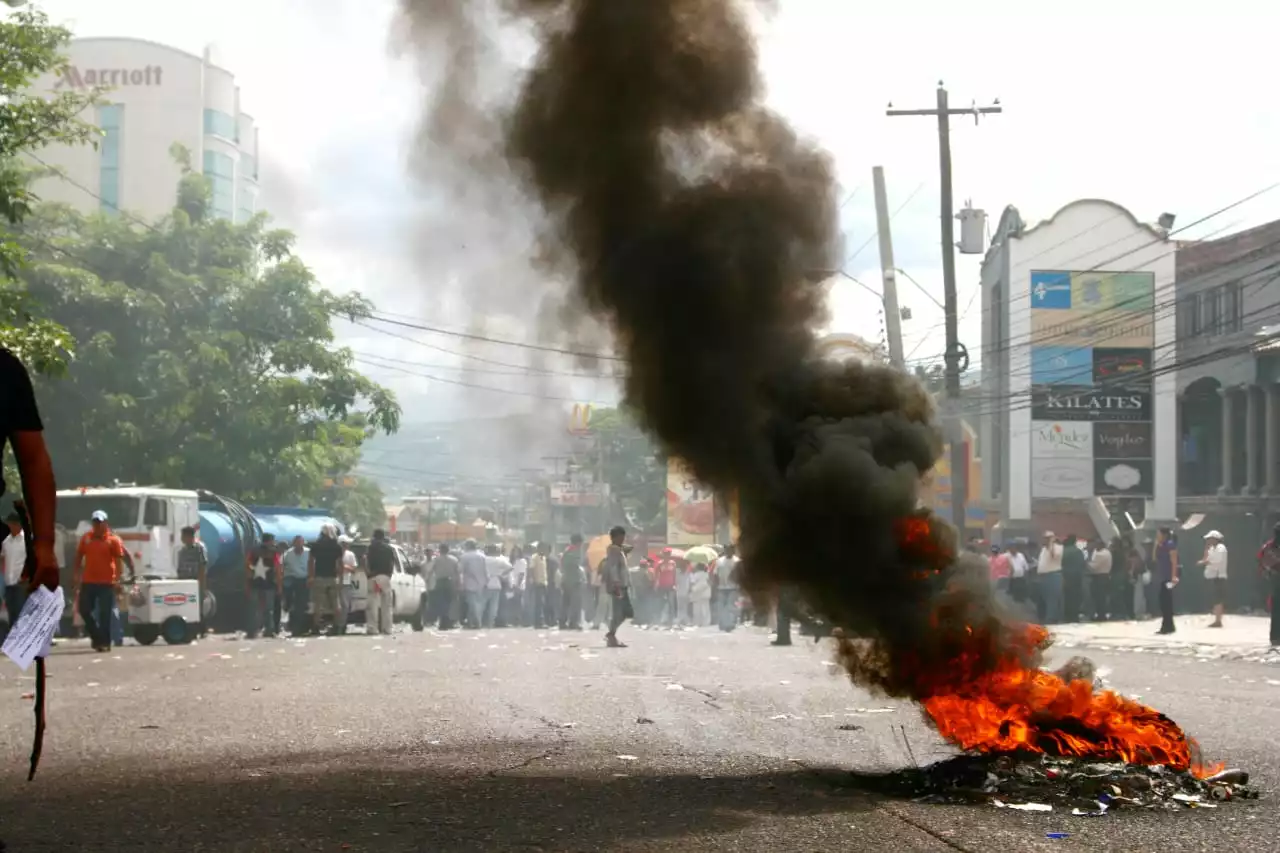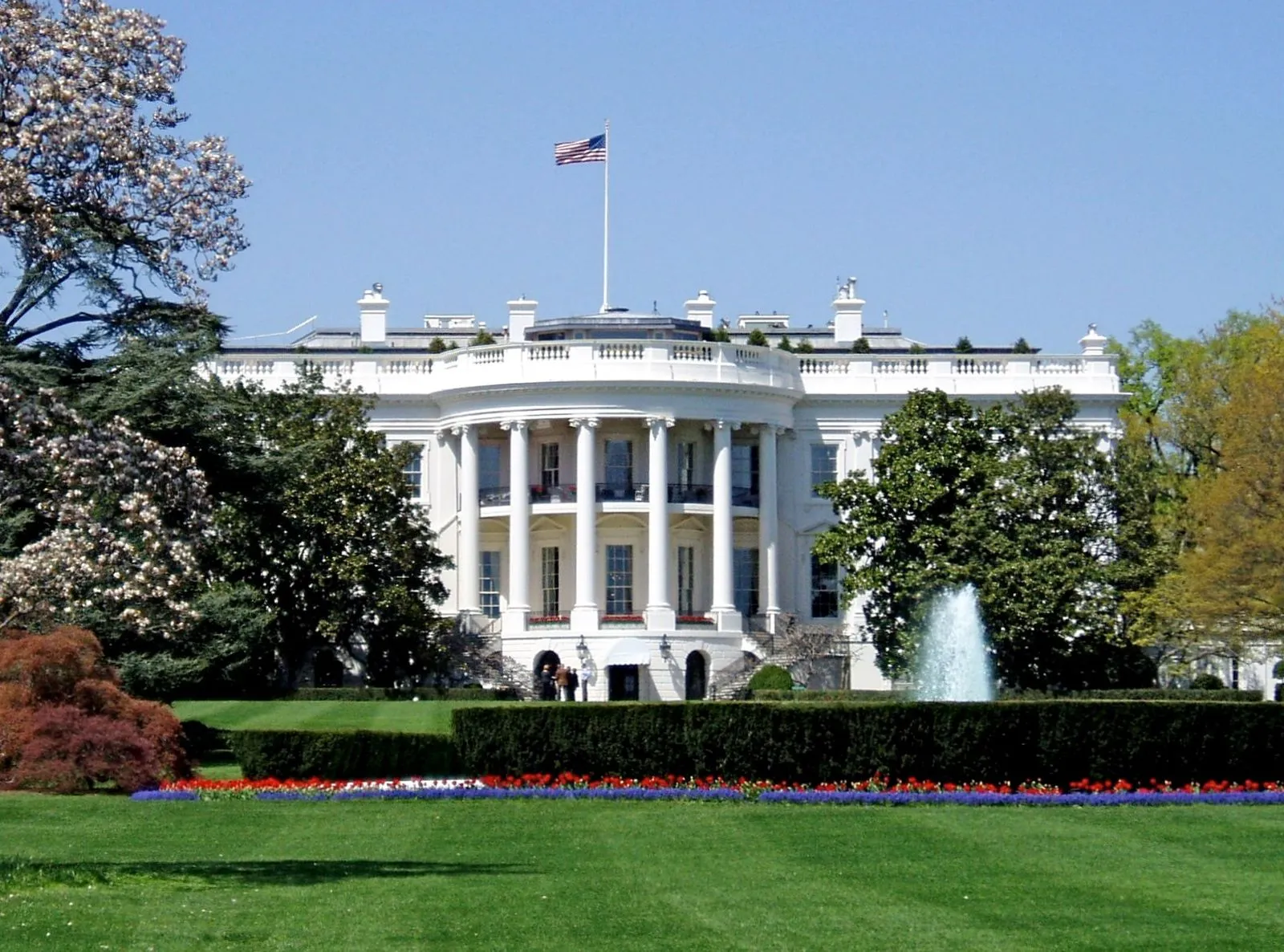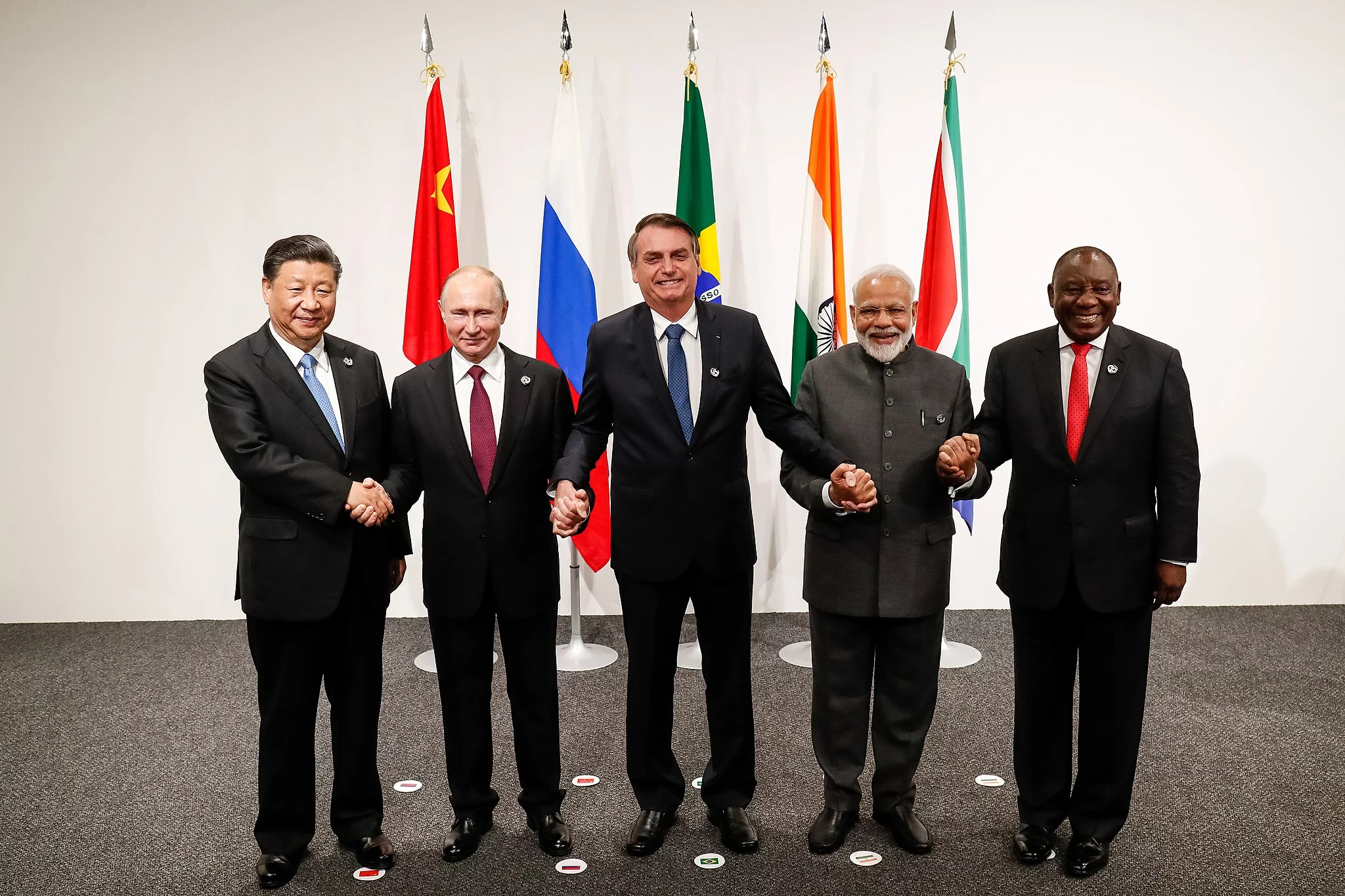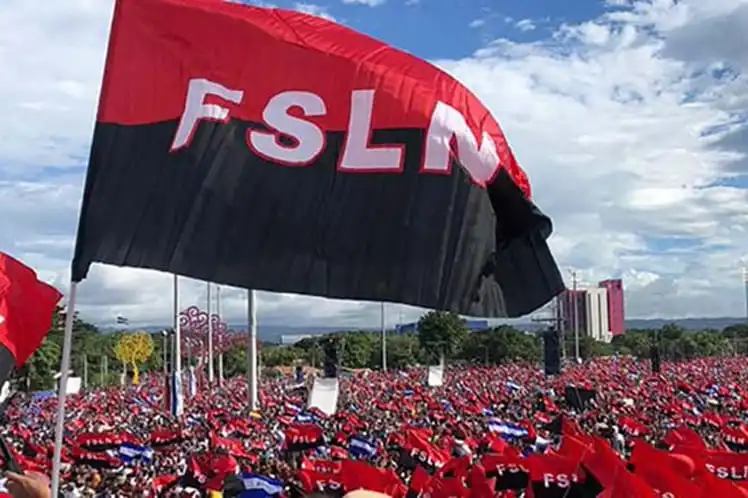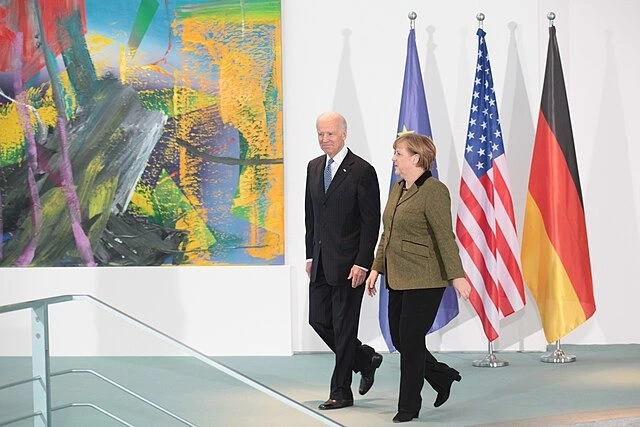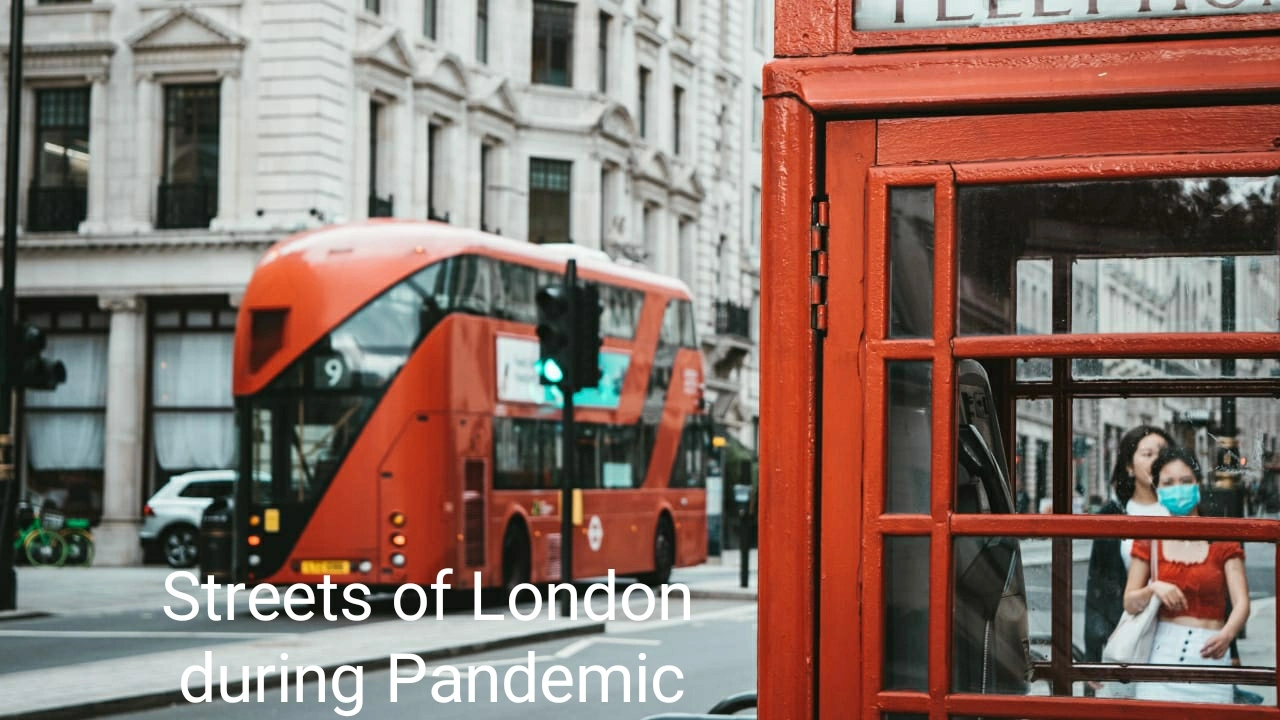Another coup in the making in Honduras?
The president of Honduras, Xiomara Castro, created a stir when she recently called out a coup in the making against her government. On April 22, the president decried that her government is the victim of “a conspiracy in the making,” which is being plotted by the very same people who had carried out the coup against ex-President Manuel Zelaya in 2009.
“There is a conspiracy in the making, and that must be made very clear to the people of Honduras,” President Castro said in her statement. “Let us only take a look at those who are backing this conspiracy, they are the same people who had perpetrated the coup in 2009.”
Although this was a shocking declaration, it was not anything new for those who have followed Honduran politics over the past year. In fact, such a statement was almost expected, given the destabilisation attempts against the Castro administration from before the president took office last year.
From the 2009 coup to Xiomara Castro’s victory
On June 28, 2009, the then president of Honduras, Manuel Zelaya, was removed from his post by a violent military coup, just seven months before the end of his term. On that very day, a nationwide popular consultation was scheduled to take place, in which the people were to vote on whether they wanted a referendum to convene a constituent assembly.
Zelaya, whose presidential term started in 2006 and was to end in 2010, was a popular leader for his various progressive reforms and laws. He had also joined Honduras to Venezuela’s Petrocaribe program that provided low-cost fuel to member countries, and had announced that his country would join the Bolivarian Alliance for the Peoples of Our America (ALBA-TCP). The call for a referendum on a constituent assembly, in addition to these actions, brough upon him the fury of the national elite and the US authorities, as a constituent assembly was likely to annul the concessions and tax exemptions that powerful agricultural, energy and mining corporations had enjoyed for decades in Honduras. In early hours of June 28, the Honduran military stormed the presidential residence, kidnapped Zelaya, and took him to the US military base in Palmerola and then expelled him to Costa Rica. Zelaya finally received political asylum in Venezuela.
That coup was a severe blow to Honduras as well as to the region, being the first in a string of US-planned coups and subversions that erased the first Pink Tide. The coup regime that took power in Honduras continued through stolen elections in 2013 and 2017, a period that even saw the unconstitutional reelection of narco-president Juan Orlando Hernández (currently being tried for narco-trafficking in the United States, a country that had earlier backed his regime). According to the mass socio-political movement platform Council of Popular and Indigenous Organizations of Honduras (COPINH), since 2009, Honduras was effectively converted into a narco-terrorist state where the ruling gang deployed security forces and paramilitary groups to regularly threaten, repress, assassinate, and disappear anyone considered as an “opponent.”
In this situation, the feat performed by the Honduran people in electing leftist progressive Xiomara Castro assumed extraordinary dimensions, in an election marred by irregularities and targeted assassination of candidates.
Xiomara Castro administration ‘walking along a mined road’
On January 27, 2022, Xiomara Castro took office as president of Honduras, the first woman to do so in the country, as well as being the president who received the highest number of votes in the country’s history. The background that made this historical event possible was, however, a sombre one, described by the president in her inaugural speech itself – a country bankrupt and plundered, with a total debt of over 20 billion USD, and with a clientelist structure of corruption, narco-terrorism, and impunity, strengthened since the 2009 coup and pervading all public and private spaces.
President Castro cited the poverty rate of 74%, and the 700% increase in debt, that exploded during the 12 years (2009-2021) of coup and narco regimes backed and financed by the United States. A tragic result of the misgovernment was the mass emigration from Honduras, with thousands of families taking long and deadly routes through Central America and Mexico to reach the United States, not attracted by the “American dream” but fleeing misery and violence at home. The 12 years of state-sanctioned violence, repression and assassination of social and political leaders, and drug trafficking involving the highest levels of government destroyed the social fabric of Honduras, which no government, even with the best of intentions, could be expected to mend in four years.
Assuming the presidency of a country in disorder, the Castro government presented itself as being committed to a “project of democratic socialism,” and announced that its foreign policy will be “Central Americanist” and “Latin Americanist,” indicating an integration with regional multilateral bodies and progressive platforms.
The new president has fulfilled her promises as far as foreign policy is concerned: she resumed Honduras’ diplomatic relations with Venezuela, which had been disrupted by Orlando Hernández who had recognised impostor Juan Guaidó as “interim president” of Venezuela; she took a firm stand against Biden’s policy of excluding Cuba, Nicaragua, and Venezuela from the so-called Summit of the Americas; she has refused to endorse the coup in Peru; and recently established diplomatic relations with the People’s Republic of China, ending the Honduran State’s policy of recognising Taiwan as an independent country, a move that has angered the US.

On the domestic front also, the Castro government has faced daunting challenges with application of progressive policies aimed towards social welfare for the greatest number of people. The general budget has prioritised investment in social spending, especially health, education and social compensation programs, support for agriculture and small farmers, and job creation. President Castro also issued a decree for the gradual liquidation of trust contracts and public-private alliances, used by the coup governments as quasi-legal tools to privatize public finances, harming the State coffers. The government implemented a fuel and electric energy subsidy program, benefiting 1.3 million families, and has undertaken a rescue of the public energy company (ENEE).
The new government has adopted a multi-pronged strategy to “dismantle the dictatorship,” through amnesty law for political prisoners, fight against corruption, and structural policies to preserve historical memory.
Major challenges for the Castro administration remain the restructuring of the public debt, reduction of military spending, more resources for public investment, an agrarian reform with a gender focus, a judicial reform, and dismantling the environmentally destructive extractivist model. Public security constitutes another major challenge for the government, though this situation is a legacy of two centuries of US interventionism in Honduras.
“It is like walking along a mined road, but we are moving forward,” has been Xiomara Castro’s assessment of her administration.
Destabilisation attempts from day 1
As if all these challenges were not enough, there has been constant attempts to derail or outright overthrow the government of Xiomara Castro from the time her victory was announced.
On January 23, 2022, four days before the inauguration of the new president, 18 congress-members from Castro’s Liberty and Refoundation Party (Libre) broke ranks and tried to create division within the party’s parliamentary bloc, in collusion with the opposition National Party. Castro had won the November 28, 2021 elections as candidate of an alliance between Libre and the Savior of Honduras Party (PSH). As an agreement of the coalition, Libre had promised to support PSH’s Luis Redondo as the president of Congress. However, on the day of election the Congress president, 18 Libre MPs refused to support Redondo and instead chose one of the defectors, Jorge Cálix, as president of Congress. In an unprecedented turn of events, while a majority group of Libre and PSH MPs swore in Redondo on the steps of the Congress building, the 18 defectors and a chunk of the opposition swore in Cálix in a separate event held outside Tegucigalpa, the capital. Although the defectors later repented and returned to their party, the incident exposed the fragility of Libre as a political organisation. It remains unknown to this day whether the US had any hand in this first coup attempt against Xiomara Castro.
Moreover, although the Biden administration officially recognised Castro’s victory and US Vice President Kamala Harris attended her inauguration event, many experts considered that first visit by a US high-level official as a veiled threat of coup. Since then, such opinions have gained more traction, as Harris as well as US State Department and Department of Defense officials have visited multiple times, stressing on “shared values” and trying to block legislations that might go against the profit motives of US multinational companies robbing the wealth of Honduras, while Republican Senator Marco Rubio has openly threatened Castro with the same fate as her husband, ex-President Zelaya, for “sympathising with dictatorships” like Cuba and Venezuela.
Xiomara Castro has also faced some “friendly fire,” particularly from the Honduras solidarity movement in the United States, which has been fractured over Castro’s public security policies, especially the declaration of partial emergency and military deployment in seven provinces to combat organised crime and drug-related violence.
Honduras is one of the most violent countries in the world (with 37 homicides per 100,000 inhabitants, 60% attributable to organised crime), another feature of the “Colombianisation” of Honduras by the US since the 1950s. It was from Honduran territory that the US-led military invasion of Guatemala was launched in 1954, causing the violent overthrow of democratically elected left-wing nationalist President Jacobo Árbenz Guzmán. Again, Honduras was used as a launching pad by US-funded Contra mercenaries to wage a proxy war against Sandinista Nicaragua in the 1980s. Social movements have accused the US Drug Enforcement Administration (DEA) of being responsible for drug production and trafficking in Honduras under the guise of combating the same. The US has 13 military bases in Honduras, a country smaller than any department of Colombia, thus giving the country the unenviable nickname “USS Honduras.”
After the 2009 coup, the US governments under Obama and Trump, with the support of Mexican narco-presidents Felipe Calderón and Enrique Peña Nieto, converted Honduras (as well as El Salvador and Guatemala) into a playing field for drug-trafficking gangs. President Xiomara Castro is trying her best to resolve the situation, based on existing laws and constitutional norms, and above all, respect for human rights.
The socio-political-economic situation in the country is a complex one, and with added US presence and meddling in its internal affairs, all the elements of a violent overthrow of any government that tries to be even moderately progressive are present in Honduras.
Cover Image Credit: Picture by Yamil Gonzales is licensed under CC BY-SA 2.0.
Editor's Note:
The views and informations expressed in the article are solely those of the author and may or may not reflect the views of The International. We believe in providing a platform for a range of viewpoints from the left.
